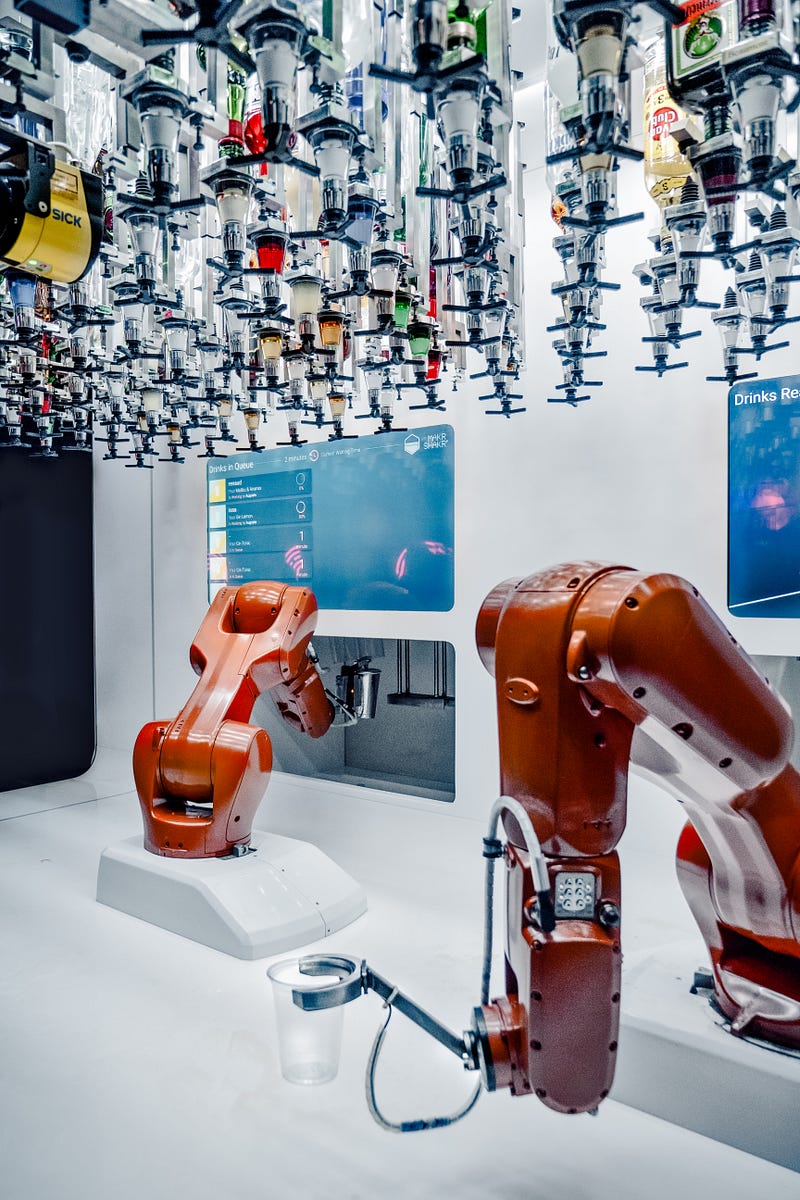Navigating AI's Impact on Employment: Opportunities and Challenges
Written on
Chapter 1: Understanding the AI Employment Debate
The swift evolution of artificial intelligence (AI) has sparked significant concerns regarding its potential effects on jobs. As AI technologies become adept at handling tasks traditionally performed by humans, fears arise that their widespread integration could result in job losses and economic shifts. This article delves into the ongoing discussion about AI and employment, analyzing the possible repercussions of AI implementation on the workforce while also exploring methods to alleviate its adverse impacts.
The discussion below reflects on the complexities associated with AI's role in the workplace.
Section 1.1: The Risks of AI-Driven Job Displacement
Detractors of AI contend that its growing capabilities represent a notable threat to employment across various sectors. They cite instances of automation in manufacturing and the emergence of AI-powered customer service solutions as indicators of AI's potential to replace human jobs. Additionally, there are concerns that AI might deepen income disparities by primarily affecting lower-skilled positions and concentrating wealth among those who possess AI technologies.
Subsection 1.1.1: The Case for New Job Creation
Conversely, advocates for AI assert that this technology can generate new employment opportunities and drive economic progress. They believe that while certain positions may be lost to AI, new jobs will arise that involve overseeing and collaborating with AI systems. Furthermore, AI has the capacity to enhance productivity, enabling humans to concentrate on more complex tasks and fostering the emergence of new industries and job categories.

Section 1.2: Strategies for a Balanced Future
The discourse surrounding AI's impact on jobs underscores the intricate challenges and uncertainties tied to the future of employment. As AI continues to evolve and alter the global economic landscape, it's essential to formulate approaches that address the potential drawbacks of AI adoption while harnessing its advantages. By focusing on education, reskilling initiatives, and policies that foster economic fairness, we can navigate the unpredictable terrain of an AI-enhanced workforce, paving the way for a future where technology and human effort coexist.
Chapter 2: The Future of Work in an AI-Driven World
In the first video, "AI Is ALREADY Taking Our Jobs! What Happens Next?!", the discussion centers on the immediate impacts AI has on the job market and the potential future scenarios that could unfold.
The second video, "Will AI Take Our Jobs? 'No Tech in History Has Reduced Employment'", presents arguments against the notion that technology consistently leads to job losses, emphasizing historical contexts and economic adaptation.